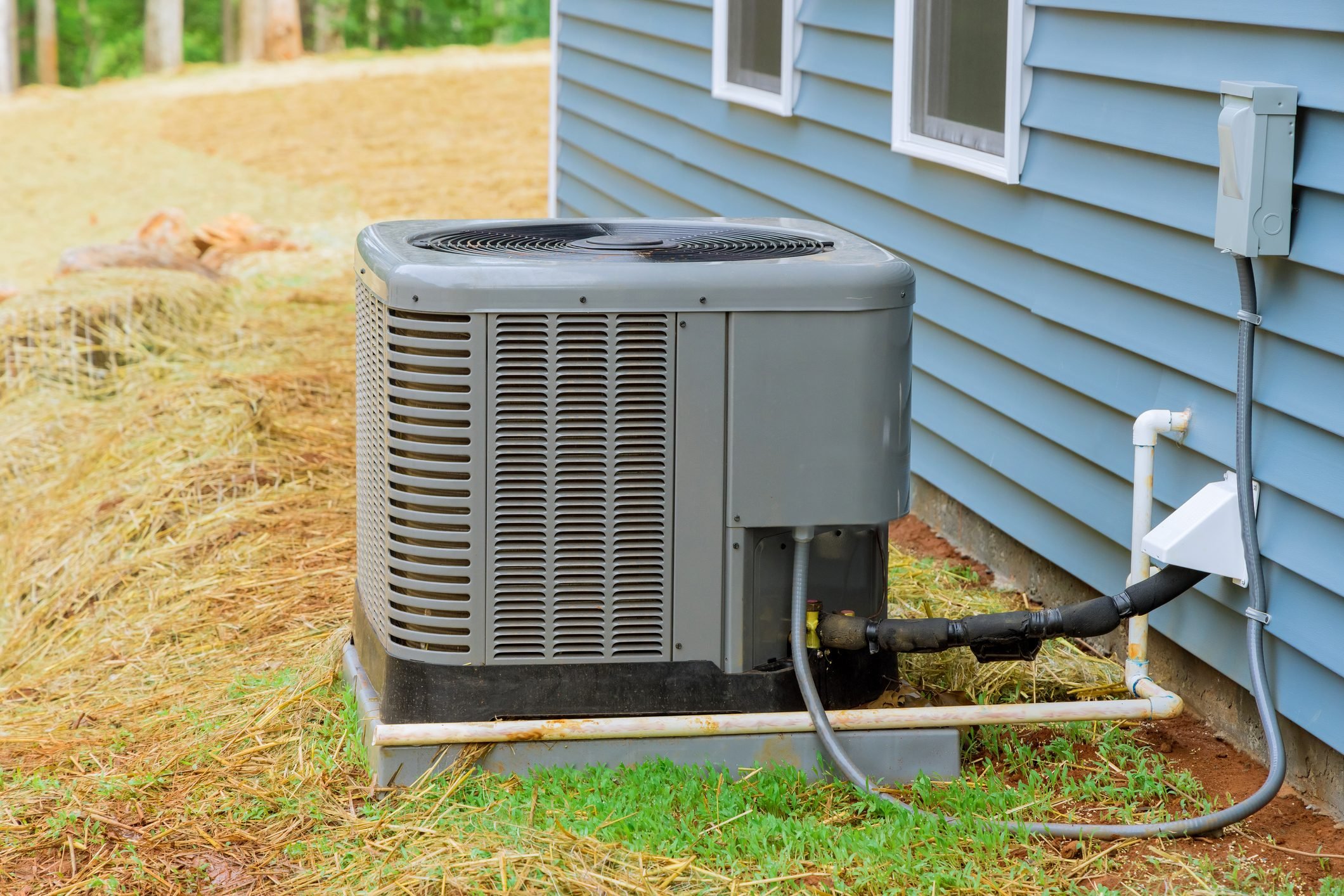The HVAC system plays the essential role of keeping a house warm in the winter and cool in the summer. Replacing one is a major investment, so many homeowners let it slide for longer than they should.
That’s often a penny-wise but dollar-foolish decision for two reasons. Homeowners end up paying more for repairs in the long run than a replacement would cost, and also waste money on inefficient heating and cooling.
Tim David, the CEO of Airlucent.com and an HVAC pro with more than 25 years of experience, says upgraded energy efficiency requirements from the Department of Energy are making new HVAC systems more expensive. “Consumers … should expect slightly higher costs for equipment, but better efficiency on their energy bills,” he says.
Still, HVAC system replacement is often more cost-effective than repairing an outdated system. It’s like spending thousands keeping your 20-year-old clunker on the road versus buying a modern, fuel-efficient vehicle.
According to HomeAdvisor, the national average cost for installing a new HVAC system is around $7,000, but that depends on several factors. Here are some tips to determine your costs for a new HVAC system.
Factors That Determine the Cost of HVAC System Replacement
The cost of HVAC replacement depends on where you live and the nature of the system (furnace vs. heat pump). It could range from $3,000 to $10,000. David says it costs about $3,000 to install a new electric furnace, and $5,000 to $8,000 to install a new heat pump.
“With the subsidies now in place for upgrading your home to be more energy efficient, you can claim up to $2,000 as a write-off,” says David. “And if you upgrade your insulation/windows, that could be another $1,200.”
It should be noted the $2,000 subsidy applies only to heat pumps. It’s part of the federal government’s move toward electric home heating methods.
If you already have a gas furnace and it makes sense to continue using gas, replacing your furnace will range from $3,800 to $10,000, or slightly higher if you opt for a high-efficiency model. If you heat your home with oil, furnace replacement will run between $6,750 and $10,000. These costs are determined by:
- The brand of equipment;
- The size of your home’
- Your climate zone;
- The local cost of labor.
Signs That It’s Time for a New HVAC System
David says it’s time for replacement when your system is at least 15 years old, and you have to call out an HVAC tech at least once a year for three consecutive years.
Both conditions indicate the system is functioning at a lower efficiency it should, wasting energy and money. David also notes if a single repair approaches 50% of the cost of a new system, you should just replace it.
“Most likely, something major is going on,” says David. “And if you don’t replace the whole thing, then you could be adding unnecessary stress to other older parts that don’t get replaced.”
DIY vs. Hiring Pros
It’s technically possible for a homeowner to DIY an HVAC installation, but David doesn’t recommend it. “HVAC systems are complex, require permits and specialized tools, and involve safety hazards,” he says. “Improper installation can result in poor performance, higher energy bills, and safety hazards for homeowners and their families.”
Another problem with DIY installation: It may void the product warranty. Most HVAC parts manufacturers require installation by licensed HVAC contractors for the warranty to be valid.
“Even if you have the necessary skills, although you will be able to save on labor costs, DIY installation can result in unforeseen additional costs due to mistakes, safety hazards, and the need to hire a professional to fix any issues that arise,” says David.
Questions To Ask HVAC Contractors
With government subsidies for HVAC upgrades now in effect, an HVAC contractor is the best person to advise you on how to take advantage of them. You can ask questions like:
- Is my home a good candidate for a heat pump?
- I want to continue using gas. Is it worth it to upgrade to a high-efficiency furnace?
- Will it make any difference to my comfort level and energy bill if I spend more money for a system with a higher efficiency rating than the minimum required?
- Will this HVAC replacement involve any changes to other components of the system, including the air handler and ductwork?
Of course, before hiring any contractor, always verify licensing and how long they’ve been in business. To avoid overcharging or substandard service, it’s also a good idea to check references and reviews on social media.
ⓘ





















